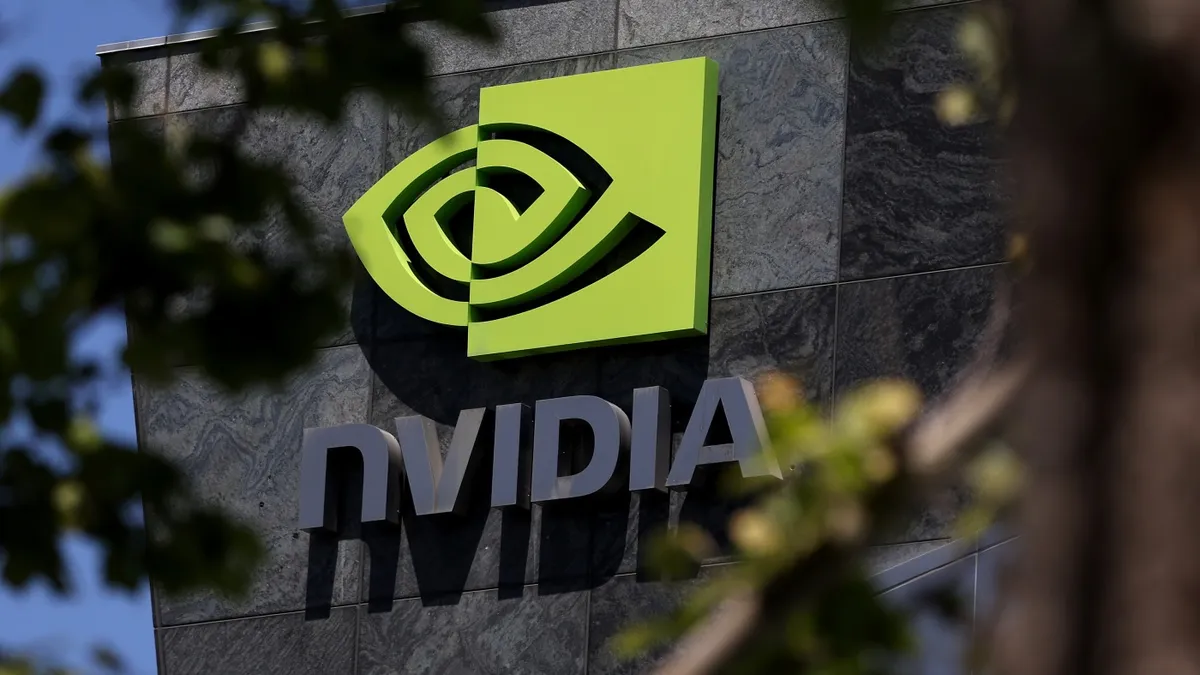
The artificial intelligence bubble has been a significant force in sustaining the stock market and the broader economy for an extended period. As concerns mount about the potential bursting of this bubble, Wall Street is abuzz with speculation. Major technology companies, often referred to as Big Tech, are grappling with unprecedented political pressures from the White House, alongside growing skepticism about the massive influx of investments into AI.
This past week, AI powerhouse Nvidia reported remarkable financial results, surpassing analysts' expectations significantly. However, despite this impressive performance, investor sentiment was lukewarm, resulting in a 4% drop in shares within two days of the announcement. Currently, Nvidia holds the title of the world’s most valuable company, accounting for approximately 8% of the S&P 500 index. Along with other leading tech companies, often dubbed the Magnificent Seven, Nvidia is playing a crucial role in driving genuine economic growth by investing billions into the development of artificial intelligence.
Since the beginning of the year, the S&P 500 has risen nearly 10%, while the tech-heavy Nasdaq has seen an increase of over 11%. This surge comes despite growing concerns regarding the overall performance of the U.S. economy, the long-term consequences of President Trump's extensive tariffs, and the anticipated rise in consumer prices. The AI gold rush has emerged as a significant source of optimism for businesses and investors, even as broader economic challenges persist.
In this modern-day gold rush, companies like Nvidia, along with their competitors, are providing the essential tools—namely, the semiconductors—that many tech firms require to develop AI systems and capabilities. These tech companies are then marketing their AI solutions to a myriad of non-tech firms seeking ways to enhance operational efficiency and cost-effectiveness. However, a recent survey from MIT revealed a disheartening statistic: a staggering 95% of companies experimenting with AI are not experiencing any revenue growth from these investments. This revelation contributed to a prolonged slump in the Nasdaq following the publication of the findings.
Despite delivering a hefty profit of $26.4 billion in its second-quarter results, Nvidia's performance symbolizes a larger narrative affecting U.S. businesses. Investors are increasingly worried about the future of free-market capitalism and the extent of control that President Trump is exerting over private enterprises. Recently, Nvidia made headlines with a controversial deal in which Trump announced that the company would pay the U.S. government a portion of sales from a specific chip in China, in exchange for permission to operate there. Notably, Nvidia has stated that it did not sell any of that chip in China during the last quarter.
This extraordinary arrangement has raised significant concerns within corporate America regarding the increasing governmental influence over free markets. Additionally, investors are anxiously awaiting the full ramifications of Trump's sweeping tariffs on the economy at large. Nevertheless, Pam Hegarty, a lead portfolio manager at BNP Paribas who invests in tech companies, suggests that Wall Street is gradually acclimating to the political turbulence surrounding the artificial intelligence industry.
In conclusion, while the artificial intelligence sector continues to be a beacon of hope amid economic uncertainty, the dynamics at play—ranging from corporate performance to political intervention—will undoubtedly shape its future trajectory. Investors and businesses alike must navigate these complexities as they continue to explore the potential of AI.